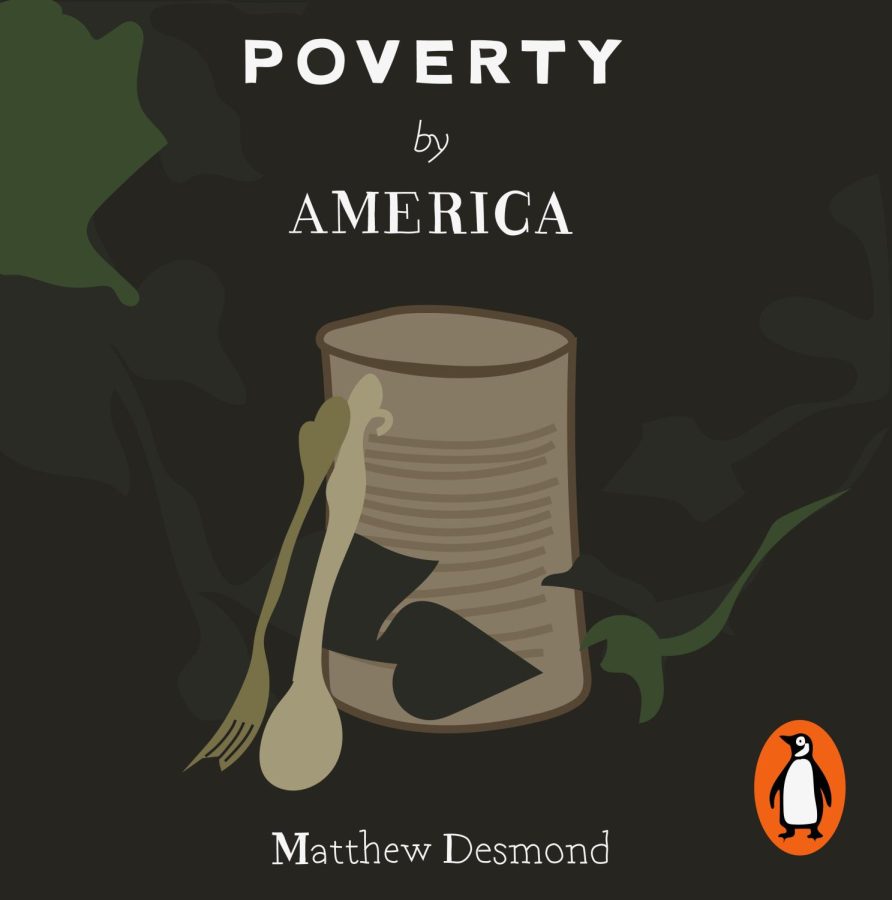The Human Faces of Hardship: A Review of Matthew Desmond’s “Poverty by America”
Falcon Rating: 5/5
June 20, 2023
In his groundbreaking book Poverty by America sociologist Matthew Desmond delves into the complex and often overlooked issue of poverty in the United States. Through meticulous research and a deeply empathetic approach, Desmond not only sheds light on the structural and systemic factors contributing to poverty but also masterfully personalizes the experiences of those living on the margins of society.
Poverty by America exposes the systemic issues that perpetuate poverty, revealing the deeply ingrained inequalities and injustices that hinder upward mobility in income, education, occupation, and overall social and economic well-being. Desmond unveils how eviction, in particular, functions as a devastating and often invisible force that pushes vulnerable individuals further into destitution. By shining a light on this overlooked issue, he uncovers a hidden aspect of poverty that demands urgent attention and policy reform.
What sets Poverty by America apart is Desmond’s unparalleled dedication to his subjects. He spent years living among the families he profiles, immersing himself in their daily struggles, hopes, and dreams. By allowing himself to experience their communities and living conditions, Desmond was able to capture the complex realities and nuances of poverty in America. He witnessed the cascading effects of eviction, the cycle of poverty, and the profound impact it has on individuals, families, and entire communities. This up-close experience informs Desmond’s analysis, bringing a human-centered approach to his understanding of poverty. Desmond’s strength lies in his ability to humanize poverty, shifting the focus from abstract statistics to the lived realities of individuals and families struggling to make ends meet. This immersive approach allows him to capture the depth of their experiences, offering readers a window into the resilience, resourcefulness, and sheer determination that poverty engenders.
While Poverty by America paints a sobering picture of the harsh realities experienced by those in poverty, it is not without hope. Desmond emphasizes the power of community, resilience, and grassroots activism in challenging the status quo and advocating for meaningful change. He offers glimpses of resilience and strength that emerge in even the most dire circumstances, reminding readers that poverty is not an individual failing but a systemic failure that demands collective action.
The reason I found this book so powerful is because it forces us—the fed, the privileged, the fortunate—to reflect on how we benefit from the exploitation of others. Desmond’s poignant exploration of poverty forces us to confront the uncomfortable truth that our own prosperity and comfort rests upon this very fact. In Cambridge, as in many other cities, poverty and inequality are often obscured by the veneer of prosperity. We may be surrounded by prestigious educational institutions, thriving businesses, and affluent neighborhoods, creating an illusion of economic equality. The juxtaposition of affluence and homelessness should prompt us to question the extent of our collective responsibility and compassion. It reminds us that we cannot turn a blind eye to the struggles of our fellow community members. Desmond’s work reminds us that beneath this facade, marginalized communities and individuals are grappling with poverty, housing insecurity, and limited opportunities and challenge us to advocate for change and I consider it a must-read for all Cambridge residents. In the age of housing displacement, growing wealth disparities, and pervasive gentrification within Cambridge walls, we all must stay informed and unwavering in the face of poverty and inequity.











